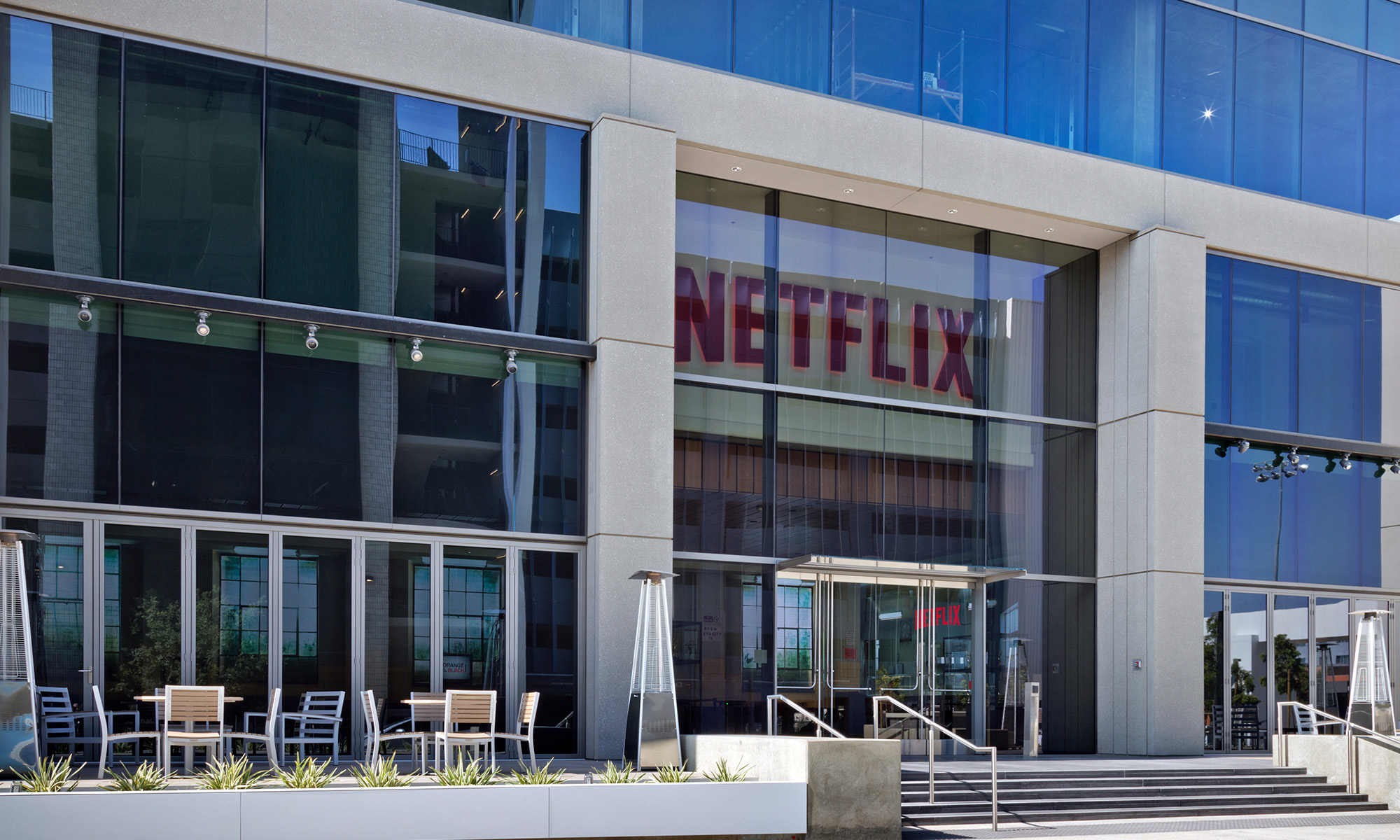
Source: Comcast.
Over the past decade or so, mobile networks have gone from a nice luxury to a near must-have, as major telcos have put significant investments into improving their networks. And while there are still complaints, dropped calls chiefly among them, the growth in smartphone usage over the past decade is undisputed.
However, perhaps the most nefarious complaint is unrelated to actual network coverage. As the major telcos, Verizon and AT&T, charge new subscribers per gigabyte for highly desired data, monetizing those aforementioned investments by hitting subscribers with costly overages if they overshoot their contracted data figures. For grandfathered customers with unlimited data plans, these two companies have increasingly looked for ways to limit quality or raise prices, in a bid to further monetize these relationships.
It may not be well received among subscribers, but it does appear to be so among ISPs. According to the Associated Press (by way of The Huffington Post), Comcast (CMCSA 1.82%) is looking to bring this undesired billing policy to home Internet service.
Will home Internet service go the way of mobile Internet?
For most home services, the Internet is typically unlimited, but Comcast is apparently looking to change things. According to the article, Comcast is apparently looking to further monetize its Internet service through a combination of data caps, additional charges for unlimited-data plans, and other usage-based pricing strategies.
On background, the company now has more high-speed Internet subscribers than it has video subs -- 22.9 million versus 22.3 million in the recently reported third quarter, respectively – but is still dependent on video revenues over high-speed Internet service.
And that's mostly due to the ability to charge more for pay-TV. As an example, Comcast recorded $5.35 billion in video revenue versus $3.13 billion in Internet, good for per-month figures of $80 and $45.50, respectively. Unfortunately, as consumers continue to cut the video cord but continue to user Internet service, Comcast is looking to further monetize it -- possibly to the detriment of streaming-based video providers.
A second, perhaps perverse, incentive to cap data plans
Instead of indiscriminately raising prices, it seems Comcast is looking to institute a two-tiered service, charging users more once they exceed a certain amount of data (the article focuses on the 250 GB-300 GB range), essentially metering the Internet. By doing so, it seems the price increase has a second reason for its existence: to recoup lost revenue from cord-cutters who left to binge on bandwidth-hogging streaming services such as Netflix (NFLX 1.27%).
For Comcast, this has to be an irritating position to be in. Unlike most competition, where businesses compete directly against each other, Comcast actually plays a hand in Netflix's success, which directly conflicts with the video business that's Comcast's cash cow. Even worse than losing subscribers is knowing you're personally playing a hand in the other company's success.
In the article, MoffettNathanson analyst Craig Moffett notes Comcast's lower-data plan would prevent you from watching as much online video as the average household watches in TV monthly (240 hours). At that level, however, it's probably a strong bet these are cord-cutters relying only on streaming-based providers for video.
To be fair to Comcast, streaming-based services put tremendous strain on their networks and do so with very little costs to their business, as they push those high costs on Comcast. According to Internet-traffic researcher Sandvine, Netflix now accounts for almost 37% of downstream Internet traffic in North America during peak evening hours. As the service continues to grow, Internet providers will need to continue to invest in their networks to accommodate this traffic.
So while Comcast has a strong argument for using a data-based cap limit, and the estimate is this will only affect 8% of all subscribers, after years of cable operators treating users poorly, the company's argument for data caps will probably fall on deaf ears.









